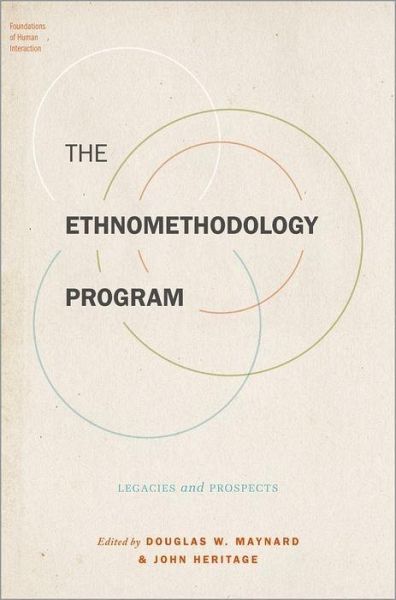
The Ethnomethodology Program
Legacies and Prospects
Herausgeber: Maynard, Douglas W; Heritage, John
Versandkostenfrei!
Versandfertig in über 4 Wochen
60,99 €
inkl. MwSt.
Weitere Ausgaben:

PAYBACK Punkte
30 °P sammeln!
Since Harold Garfinkel's Studies in Ethnomethodology was first published over 50 years ago, there has been a substantial amount of ethnomethodological (EM) research in many different areas from Conversation Analysis to legal studies. This book covers the wide range of EM influences, with chapters from experts in these theoretical and empirical fields. In doing so, it not only draws attention to past accomplishments in EM research, but also suggests how these accomplishments set the table for future endeavors in the human sciences.













